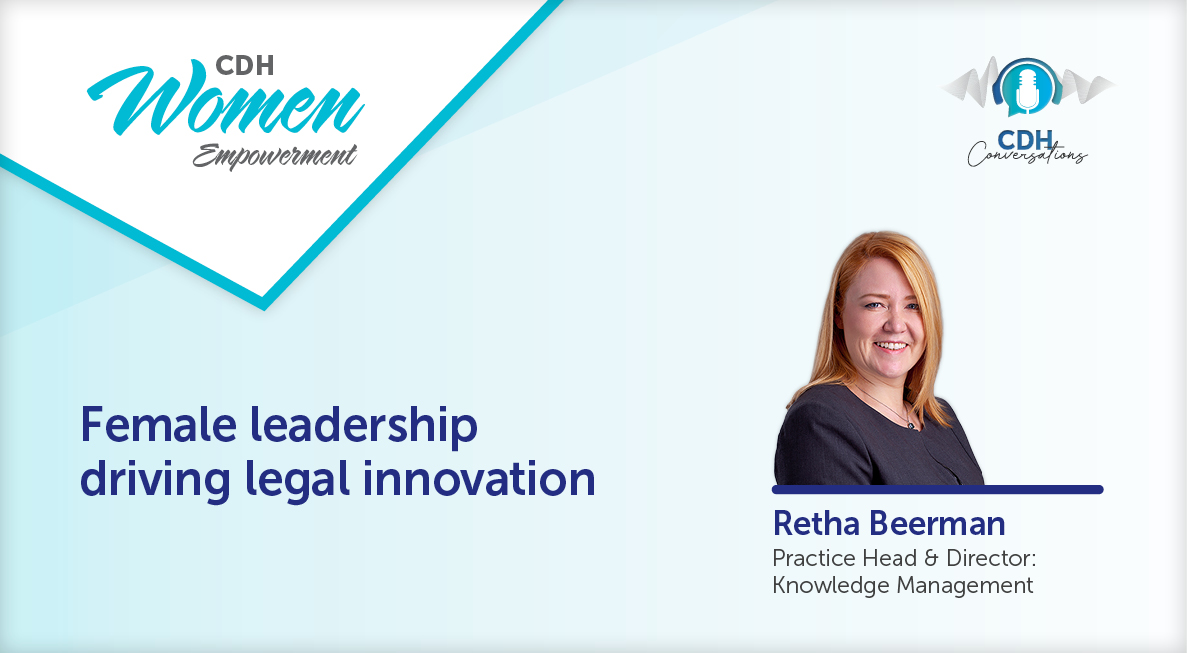Employment (Amendment) Act, of 2021: Introduction of pre-adoptive leave
At a glance
- The Employment (Amendment) Act of 2021 in Kenya introduces pre-adoptive leave for employees who apply to adopt children not born to them. Employees are entitled to one month's pre-adoption leave with full pay.
- Employees must notify their employer in writing at least 14 days before the child is placed in their custody, providing documentation from the adoption society, such as a custody agreement and an exit certificate.
- Upon returning from pre-adoptive leave, employees have the right to return to their previous job or a reasonably suitable job with terms and conditions not less favorable. The act also ensures that employees do not forfeit their annual leave entitlement due to taking pre-adoptive leave.
Employees are now entitled to one month’s pre-adoption leave with full pay from the date a child is placed in the continuous care and control of the employee under the provisions of the Children Act 2001.
The Act has amended section 2 of the Employment Act by inserting the definition of an exit certificate. It is defined as a written authority given by a registered adoption society to a prospective adoptive parent to take the child from the custody of the adoptive society.
An employee eligible for pre-adoptive leave is required to do the following:
- Notify the employer in writing of the intention of the adoption society to place the child in the custody of the employee at least fourteen (14) days before the placement of the child; and
- Provide together with the notice in (a), documentation evidencing the intention of the adoption society such as a custody agreement and an exit certificate evidencing the intention of the adoption society to place a child in the custody of the employee.
The Act provides that an employee who proceeds on pre-adoptive leave has the right to return to the job which they held immediately prior to the pre-adoptive leave or to a reasonably suitable job on terms and conditions not less favourable than those which would have applied had the employee not been on pre-adoptive leave.
The Act also provides that an employee is not deemed to have forfeited their annual leave entitlement on account of having taken pre-adoptive leave.
Where the pre-adoptive leave is extended with the consent of the employer or immediately on expiry of pre-adoptive leave before resuming duties the employee proceeds on sick leave or with the consent of the employer on annual leave, compassionate leave, or any other leave, the one month pre-adoptive leave is deemed to expire on the last day of such extended leave.
Both male and female employees are eligible for pre-adoptive leave of one month. Interestingly, under the Employment Act, 2007 women are entitled to a longer period of paternal leave of three months while male employees enjoy paternal leave of fourteen (14) days. The Act is however clear, and the period applies equally to both male and female employees.
The effect of this Amendment is that it now requires employers to amend their human resources policies to allow their employees to proceed on pre-adoptive leave.
The above alert is meant for general information and does not constitute legal advice. In case of any inquiries or if you require any further information or advice on how the Notice could affect your business, please feel free to contact Desmond Odhiambo and Njeri Wagacha.
The information and material published on this website is provided for general purposes only and does not constitute legal advice. We make every effort to ensure that the content is updated regularly and to offer the most current and accurate information. Please consult one of our lawyers on any specific legal problem or matter. We accept no responsibility for any loss or damage, whether direct or consequential, which may arise from reliance on the information contained in these pages. Please refer to our full terms and conditions. Copyright © 2026 Cliffe Dekker Hofmeyr. All rights reserved. For permission to reproduce an article or publication, please contact us cliffedekkerhofmeyr@cdhlegal.com.
Subscribe
We support our clients’ strategic and operational needs by offering innovative, integrated and high quality thought leadership. To stay up to date on the latest legal developments that may potentially impact your business, subscribe to our alerts, seminar and webinar invitations.
Subscribe




